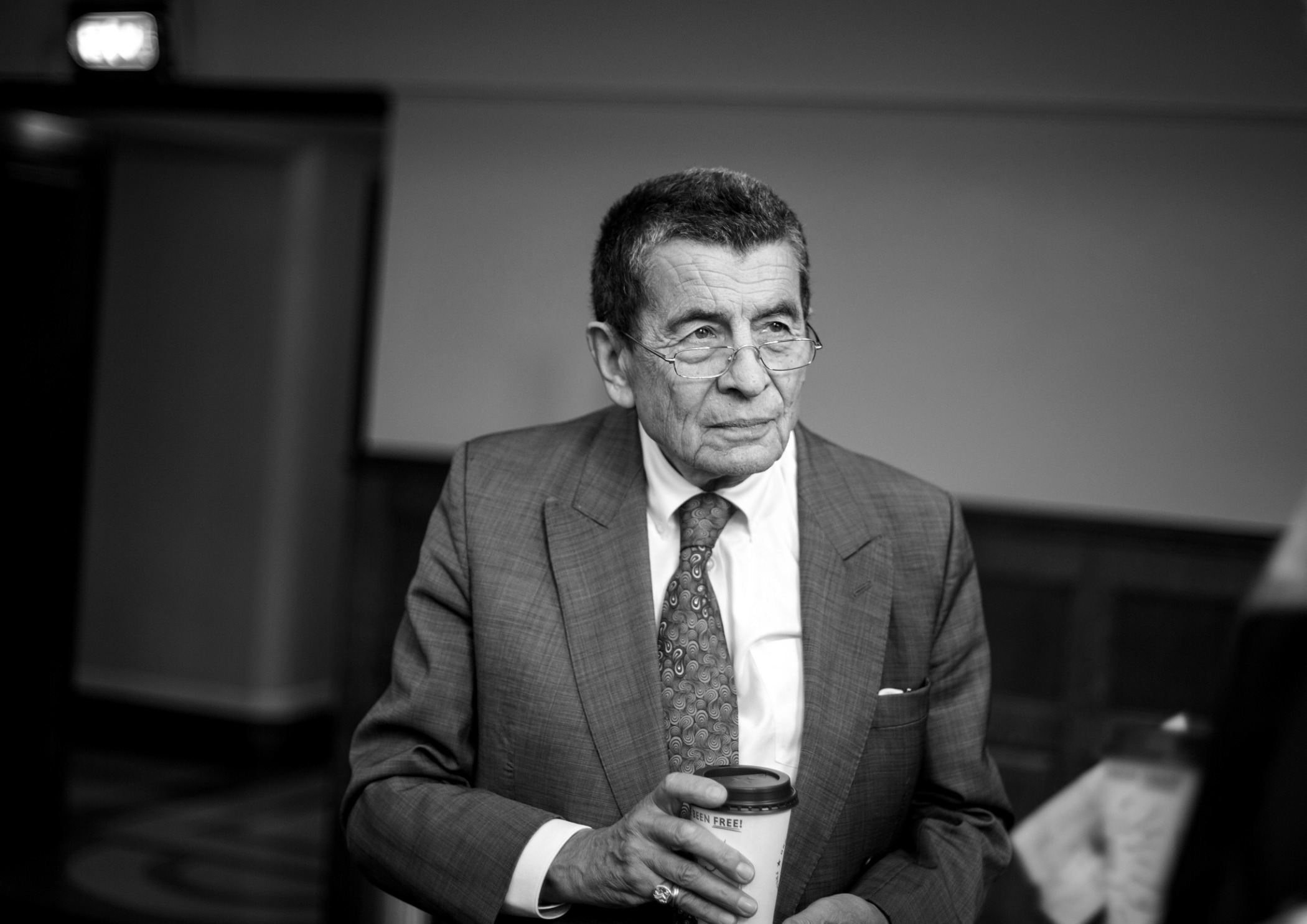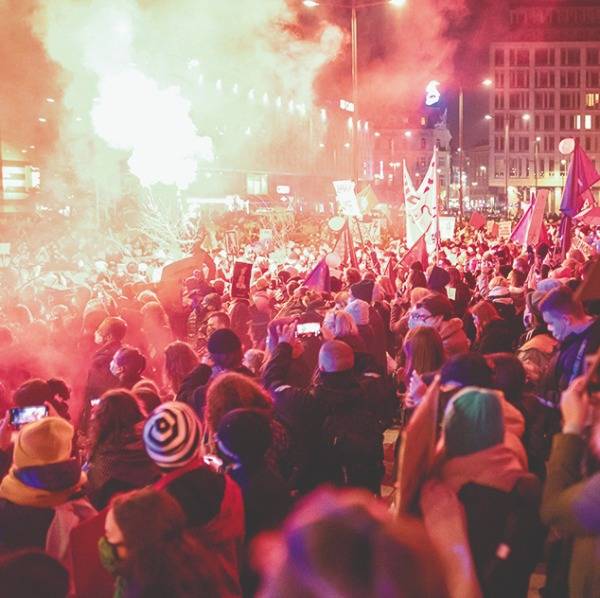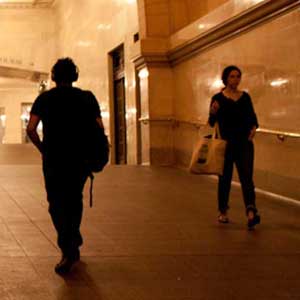
Sir Geoffrey Nice QC headed the independent people’s Uyghur Tribunal – an unofficial body of lawyers, academics and businesspeople, based in the UK. In December 2021 it delivered its verdict that China is committing genocide against the Uyghur minority, prompting British MPs to form a cross-party group urging the government to use the same term. In the early 2000s, Nice led the prosecution at the trial of former Serbian president Slobodan Milošević.
You recently headed a People’s Tribunal on the Uyghur in China, which ruled that The People’s Republic of China (PRC) is committing genocide against the Muslim minority. How did you reach that verdict?
How can one draw general conclusions about an enormous geographical area like Xinjiang Province, which is three times the size of France, from a limited number of in-person witness? First, there was very similar evidence from people not connected to one another, speaking of different camps around Xinjiang. Were these similarities indicative of what is happening in Xinjiang being done pursuant to a policy? If the same thing happens at the hand of officials in Huddersfield as in Penzance and Margate and is evidenced by people who don't know each other, then that's a pointer towards a wider, national policy. Then there were reports from organisations like Amnesty and Human Rights Watch that drew on Uyghur witness testimony, as well as leaked policy documents from the Chinese Communist Party. Those documents set out government and party approaches to the Uyghurs on matters of detention, birth control and so on. There were reports of women detainees forced to take medicine that affected their reproductive functioning, pregnant women forced to undergo abortions, intense surveillance in the community generally, family members incentivised to spy on one another, children forced into state-run boarding schools, and more.
As individual accounts from witnesses fitted with all evidence cited in other reports and government policy then what was happening, it could be concluded, was pursuant to a province-wide policy. The tribunal then applied the strictest test of proof beyond reasonable doubt to factual evidence in order to reach factual findings and applied only the law on genocide – which is subject to some uncertainties and complexities – about which it could be certain. Accordingly, on the basis of evidence heard in public, the tribunal was satisfied beyond reasonable doubt that, as the judgement read, “the PRC, by the imposition of measures to prevent births, intended to destroy a significant part of the Uyghurs in Xinjiang as such, has committed genocide”.
Many in China appear to believe that the Uyghur population does constitute a security threat, and that the Chinese state’s actions are justified. Critics of the ruling Communist Party conversely see a state project to impose a singular Han identity on China. What do you see as the motivation there?
You won’t find any serious commentator who would say that there is no background of actions by Uyghurs that could represent a security concern; but there's been very little, if anything, recently. Equally, evidence of the encouragement given to Han men to marry Uyghur women clearly speaks to a policy of homogenisation of races. And it was very important at all times to correct the loose public discourse about what's happening in Xinjiang being in some way similar to the Holocaust. It's absolutely nothing like the Holocaust. The Holocaust was concerned with eliminating an ethnic group in Europe altogether. It wasn’t concerned with intermarrying; it wasn't concerned with releasing people from death camps back into the community.
What’s happening in China is very different to what happened to the Jews. We explained at the beginning of the judgment how cautious we were about making a finding of genocide because of the term being rooted, in the popular understanding, in the Holocaust. As to what the overall motivation of the Chinese state is, it would be an overreach of us to make any general finding given the People’s Republic of China’s management structure, its way of decision-making, its formation of – and the changeability of – policy. So, with evidence of a range of motivations, it would be foolish to exclude any one of them – counter-terrorism or homogenising the population for example, altogether.
The tribunal judgement wrote: “It is essential to recognise that actions seen as wholly wrong and beyond justification by citizens of liberal democracies, might to citizens of China seem genuinely acceptable and justified for the public good.” Why is this point worthy of acknowledgement?
It is really wrong to view other people's actions through the lens of one type of society – in this case, our own – and with the sensibilities and expectations that such a society may generate. Instead, go back to the terms of the Genocide Convention and the Universal Declaration of Human Rights, which were signed or acceded to by China / the PRC, the Convention being partly drafted by a Confucian philosopher, Peng-chun Chang. Those international instruments show that whatever the differences in public acceptability of state conduct – say of the use of force by the police or the methods of detention and so on – there are standards of conduct necessary for human rights to be respected that are universally acknowledged.
There is a great deal of excited commentary around the Uyghur issue that, on examination, clearly applies North European standards. When looking at the PRC, apart from acknowledging its size and its historic misfortune at the hands of others, including our nation, it is very important to recognise that the PRC has done a great deal for its citizens, many of whom are now rich by western standards, having earlier raised millions out of poverty. One should be respectful of its history. It may well be that the citizens of the PRC prefer an authoritarian ruler to the form of government that Westminster offers British people; with such preference may come acceptance of state actions that might be unacceptable elsewhere. The tribunal’s job was only to consider and apply the international criminal law that was developed after the Second World War. The tribunal allowed no hint of soft-centred western democratic thinking to enter into its deliberations. There would be no benefit or value in doing that. Likewise emotional response to the evidence would have been of no value.
The so-called “re-education camps” for Uyghurs have been widely reported on. But what did the testimony illustrate in terms of how Uyghurs outside of the camps are policed, and how all-consuming is the state’s genocidal project?
There was one witness who’d been detained in a camp then released then detained again. He said he was actually happier in detention because the nature of control inside was certain, whereas the level and nature of control outside was limitless but uncertain. For example, if you simply went into a mosque, according to some evidence we saw, you exposed yourself to risk of being persecuted and detained; the mosques were emptied and many closed altogether by actions of the state. You had to hand over your phone at checkpoints and everything would be downloaded from the phone. The PRC called this element of download technology their “anti-terrorism sword”. There were very many other elements of extreme observations and control.
Tell us what motivated the founding of a People’s Tribunal.
We can start with the statement given by Jean-Paul Sartre in 1966 at the beginning of the Russell Tribunal on the Vietnam War. “The Tribunal is not a substitute for any institution already in existence: it is, on the contrary, formed out of a void and for a real need.” The tribunal said is that it would do this job because others who might have done it did not do as they should have done. Our only interest was in filling a gap of knowledge left needlessly by the failure of governments and other bodies to conduct proper public evidence-based investigation or inquiry. That was the motivating factor. Nothing else. Very serious allegations have been made about a country far away. It’s a country that provides the computers we use, the clothes we wear, a country that sends its students here, that funds educational and artistic enterprises here. Even though it’s a long way away, the public effectively interacts with China from the moment they buy a t-shirt or computer. And they need to know what is happening in the country where these things are produced. If unbelievable horrors were reported was happening in Spain, France, Belgium, Netherlands – our nearest neighbours – would it be proper for that information to be made available to the citizens of this country so they can make informed decisions about things they buy? The answer is that of course you need to make it public; of course it would be wrong not to.
You led the prosecution at the trial of Slobodan Milosevic. How has your confidence in the ability of international courts to bring justice to victims of genocide and crimes against humanity developed since then?
One way of looking at international justice is that it’s probably a great deal better than nothing, and nothing is what you had in the 19th century. It was only in the last quarter of the 19th century that the world began to regulate the conduct of war, and only at the beginning of the 20th century that contemplation was given to the post-facto oversight of wrongdoing in war by law. That then developed to a significant extent after the Second World War with the Nuremberg and Tokyo Tribunals and – later – with the international tribunals in the 1990s on Rwanda and Yugoslavia. All of that is within quite a short time in historical terms.
International law is still in an experimental phase. It’s probably too early to make anything like a comprehensive or final evaluation of whether international justice is working, and it’s much more important to see what shortcomings there are and try to help people remove them. But most important of all is to say that all of us must hope that some form of “law not war” – the phrase that Ben Ferencz, who was chief prosecutor at one of the Nuremberg Trials, uses – might come about. The pre-First World War enthusiasm for avoiding all war and making all conflicts subject to arbitration or discussion without killing people failed in the 20th century, and it doesn’t look much better now. I know Steven Pinker may say that numerically we’re killing less, and that may be true, perhaps because we have better targeted weapons. But the desire to attack and fight seems pretty well with us, and the desire to do damage to particular races is often present. The absolutely critical thing for anyone to understand is that, even if you can see the shortcomings of the legal system, it’s a great deal better than what came before, and therefore everyone must give their support to it.
This is the full version of our Q&A from the New Humanist spring 2022 edition. Subscribe here.

